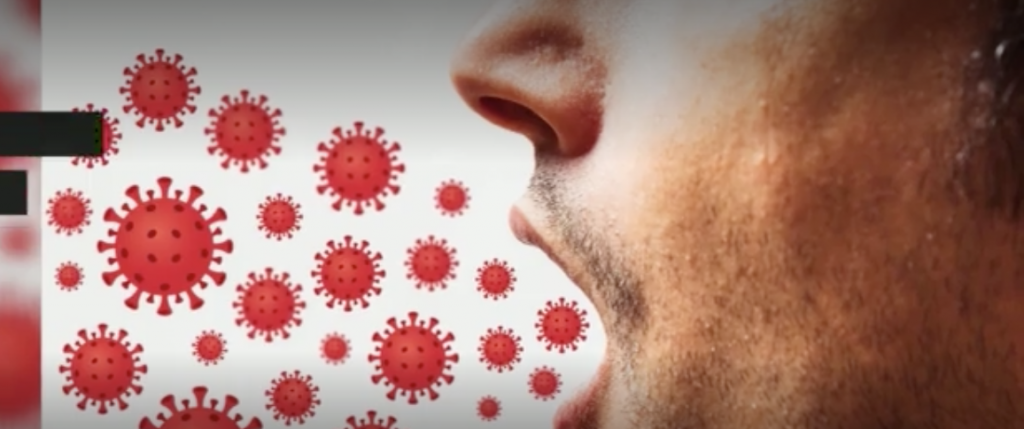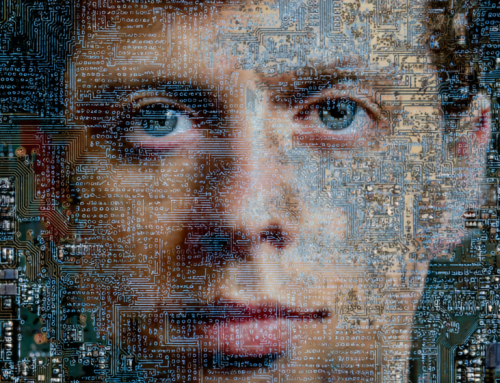
An AI program being tested on COVID-19 detection shows promising results.
Researchers Claim an AI Breakthrough in Detecting COVID-19
The news comes fast and furious concerning the COVID-19 virus. What will work as a therapeutic drug? What will work to speed up testing? When can we expect a vaccine? Venturebeat.com published a story about a Canadian company with a new approach to detecting the virus in its product DarwinAI.
Canadian startup DarwinAI and researchers from the University of Waterloo are open-sourcing COVID-Net, a convolutional neural network that aims to detect COVID-19 in X-ray imagery. In response to the pandemic, a global community of health care and AI researchers have produced a number of AI systems for identifying COVID-19 in CT scans.
Companies like Alibaba and AI startups RadLogics and Lunit claim they’ve created systems capable of recognizing COVID-19 in X-ray or CT scans with more than 90% accuracy. The journal Radiology last week published a report from Chinese medical researchers on a similar system.
DarwinAI says that unlike other projects, its work is being open-sourced to make the neural net available to radiologists and researchers around the world.
“[Though it is by] no means a production-ready solution, the hope is that the open access COVID-Net, along with the description on constructing the open source COVIDx data set, will be leveraged and built upon by both researchers and citizen data scientists alike to accelerate the development of highly accurate yet practical deep learning solutions for detecting COVID-19 cases and accelerate treatment of those who need it the most,” the paper reads.
While this news is promising, it has its detractors. Namely the CDC or Center for Disease Control in the U.S. Also, professionals in Australia and Canada are questioning the effectiveness of DarwinAI.
The problem, said American College of Radiology (ACR) Thoracic Imaging Panel chair Dr. Ella Kazerooni, is we’re in the midst of influenza season, and it’s hard to tell the difference between COVID-19 and common lung infections like bacterial or viral pneumonia. She said even if a chest X-ray exhibited signs of COVID-19, a lab test is still required for confirmation.
“By being able to train a deep neural network to capture the fine nuances, we’re able to show at least preliminary results are quite promising,” Wong said. “Our goal here is if we’re able to build an AI that could assist a radiologist or clinician to be able to differentiate that, it breaks the underlying barrier.”
More work needs to be done, but the results so far are promising for DarwinAI. The article links to several stories on the virus and this new approach in radiology.
read more at venturebeat.com







Leave A Comment